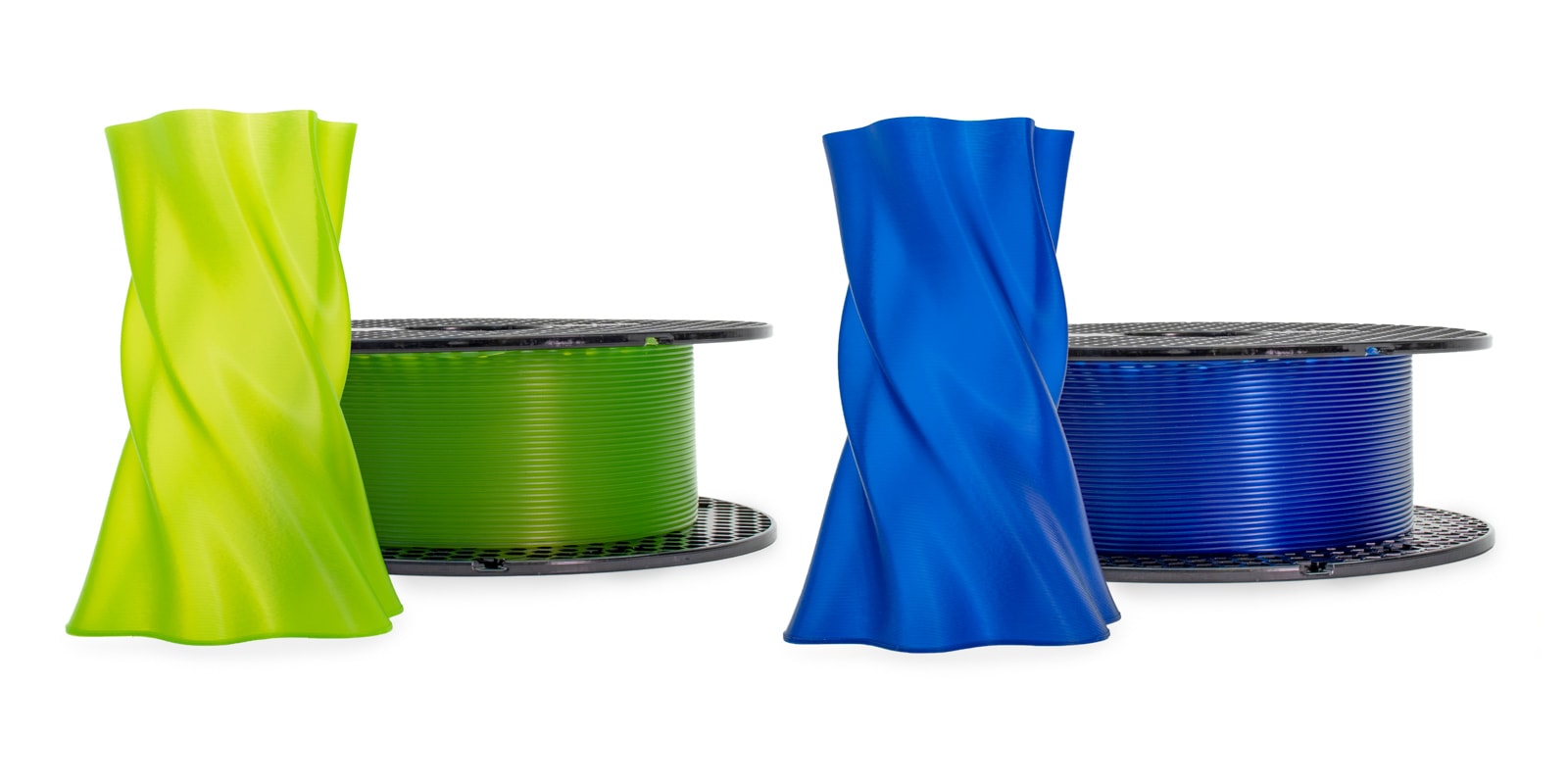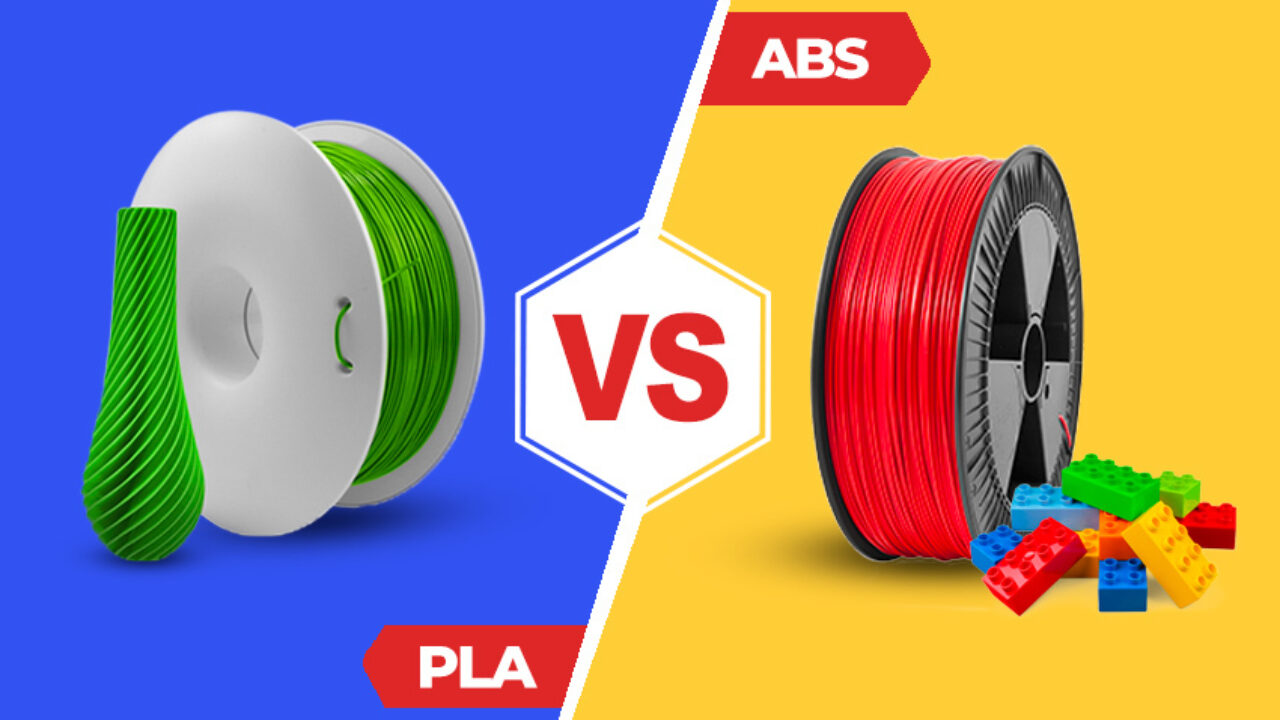PLA Matte Vs Basic: A Comprehensive Guide To Choosing The Right 3D Printing Filament
When it comes to 3D printing, selecting the right filament is crucial for achieving optimal results. Two popular options in the market are PLA Matte and PLA Basic. Both filaments offer distinct advantages and characteristics, making it essential for enthusiasts and professionals alike to understand their differences. This article aims to provide an in-depth analysis of PLA Matte vs Basic, helping you make an informed decision when choosing the best filament for your projects.
3D printing has revolutionized manufacturing and prototyping processes across various industries. As technology advances, so does the variety of materials available for printing. PLA (Polylactic Acid) remains one of the most widely used thermoplastics due to its ease of use, affordability, and eco-friendly nature. However, the choice between PLA Matte and PLA Basic can significantly impact the quality and aesthetics of your prints.
In this guide, we will explore the key features, differences, and applications of PLA Matte and PLA Basic filaments. By the end of this article, you will have a clear understanding of which filament suits your specific needs and projects. Let's dive into the world of 3D printing materials and discover the best option for your creative endeavors.
Read also:Has Kat Timpf Had Her Baby A Comprehensive Look At The Latest Updates
Table of Contents:
- Introduction to PLA Filament
- What is PLA Matte?
- Understanding PLA Basic
- Key Differences Between PLA Matte and PLA Basic
- Advantages of PLA Matte vs Basic
- Applications of PLA Matte and PLA Basic
- Printing Tips for PLA Matte and PLA Basic
- Cost Comparison: PLA Matte vs Basic
- Environmental Impact of PLA Filaments
- Conclusion and Final Thoughts
Introduction to PLA Filament
PLA filament is a biodegradable thermoplastic derived from renewable resources such as corn starch or sugarcane. Its popularity stems from its ease of use, minimal warping, and lower printing temperatures compared to other materials like ABS. PLA is ideal for beginners and professionals alike, offering excellent print quality and a wide range of colors.
In recent years, manufacturers have introduced variations of PLA filament to cater to different printing requirements and aesthetic preferences. PLA Matte and PLA Basic are two such variations that have gained significant attention in the 3D printing community.
What is PLA Matte?
Definition and Characteristics
PLA Matte filament is a variation of standard PLA that produces prints with a non-glossy, matte finish. This unique texture gives printed objects a more refined and professional appearance, making them suitable for artistic and functional applications. The matte finish is achieved through specialized additives or coatings applied during the manufacturing process.
Key characteristics of PLA Matte include:
- Non-reflective surface
- Improved grip and tactile feel
- Minimal shine or gloss
- Compatibility with most FDM printers
Applications of PLA Matte
PLA Matte is ideal for projects where aesthetics play a significant role. Its non-glossy finish makes it perfect for:
Read also:Unblocked Games The Ultimate Guide To Enjoying Fun And Educational Entertainment
- Prototyping consumer products
- Creating artistic sculptures and models
- Designing functional parts with improved grip
- Producing educational or display models
Understanding PLA Basic
Definition and Characteristics
PLA Basic, also known as standard PLA, is the most commonly used filament in the 3D printing industry. It offers a smooth, glossy finish and is available in a wide range of colors. PLA Basic is known for its ease of use, minimal warping, and excellent layer adhesion, making it an excellent choice for beginners and experienced users alike.
Key characteristics of PLA Basic include:
- Glossy, reflective surface
- Excellent layer adhesion
- Wide color variety
- Low printing temperature (190-220°C)
Applications of PLA Basic
PLA Basic is versatile and suitable for a wide range of applications, including:
- Creating detailed models and prototypes
- Printing functional parts and components
- Producing educational or display models
- Designing toys and decorative items
Key Differences Between PLA Matte and PLA Basic
While both PLA Matte and PLA Basic share similar properties as thermoplastics, they differ significantly in terms of surface finish, texture, and application. Below are the key differences between the two:
- Surface Finish: PLA Matte offers a non-glossy, matte finish, while PLA Basic produces a smooth, glossy surface.
- Texture: PLA Matte has a softer, velvety texture, whereas PLA Basic feels smoother to the touch.
- Printing Temperature: PLA Matte may require slightly higher temperatures (200-230°C) compared to PLA Basic (190-220°C) due to its additives.
- Post-Processing: PLA Basic is easier to sand and polish, while PLA Matte retains its matte finish even after post-processing.
Advantages of PLA Matte vs Basic
Advantages of PLA Matte
PLA Matte offers several advantages that make it a preferred choice for certain applications:
- Professional and refined appearance
- Improved grip and tactile feel
- Resistant to fingerprints and smudges
- Suitable for artistic and functional projects
Advantages of PLA Basic
PLA Basic remains a popular choice due to its versatility and ease of use:
- Wide color variety and gloss finish
- Excellent layer adhesion and print quality
- Lower printing temperatures
- Compatibility with most FDM printers
Applications of PLA Matte and PLA Basic
The choice between PLA Matte and PLA Basic depends on the specific requirements of your project. Below are some common applications for each filament:
PLA Matte Applications
- Artistic sculptures and models
- Functional parts with improved grip
- Prototyping consumer products
- Display and educational models
PLA Basic Applications
- Detailed prototypes and models
- Functional components and parts
- Decorative items and toys
- Educational and display models
Printing Tips for PLA Matte and PLA Basic
To achieve optimal results when printing with PLA Matte and PLA Basic, consider the following tips:
- Use a clean and leveled build plate to ensure proper adhesion.
- Adjust the printing temperature based on the filament type and manufacturer recommendations.
- Use a brim or raft for better bed adhesion, especially with PLA Matte.
- Ensure proper ventilation during printing to minimize any unpleasant odors.
- Store filaments in a dry, cool place to prevent moisture absorption.
Cost Comparison: PLA Matte vs Basic
When it comes to cost, PLA Basic is generally more affordable than PLA Matte due to the additional manufacturing processes involved in creating the matte finish. However, the price difference is relatively small, making both options accessible to most users. It's essential to consider the specific requirements of your project when deciding between the two.
Environmental Impact of PLA Filaments
Both PLA Matte and PLA Basic are derived from renewable resources, making them more environmentally friendly than petroleum-based plastics like ABS. However, the biodegradability of PLA depends on specific conditions, such as industrial composting facilities. Proper disposal and recycling practices are crucial to minimizing the environmental impact of 3D printing materials.
Conclusion and Final Thoughts
In conclusion, both PLA Matte and PLA Basic offer unique advantages and characteristics that make them suitable for different applications in the world of 3D printing. PLA Matte provides a refined, non-glossy finish ideal for artistic and functional projects, while PLA Basic offers versatility and ease of use for a wide range of applications.
When choosing between the two, consider the specific requirements of your project, including surface finish, texture, and budget. By understanding the differences and advantages of each filament, you can make an informed decision that ensures optimal results for your 3D printing endeavors.
We invite you to share your thoughts and experiences with PLA Matte and PLA Basic in the comments section below. Additionally, feel free to explore other articles on our site for more insights into the world of 3D printing and materials.

